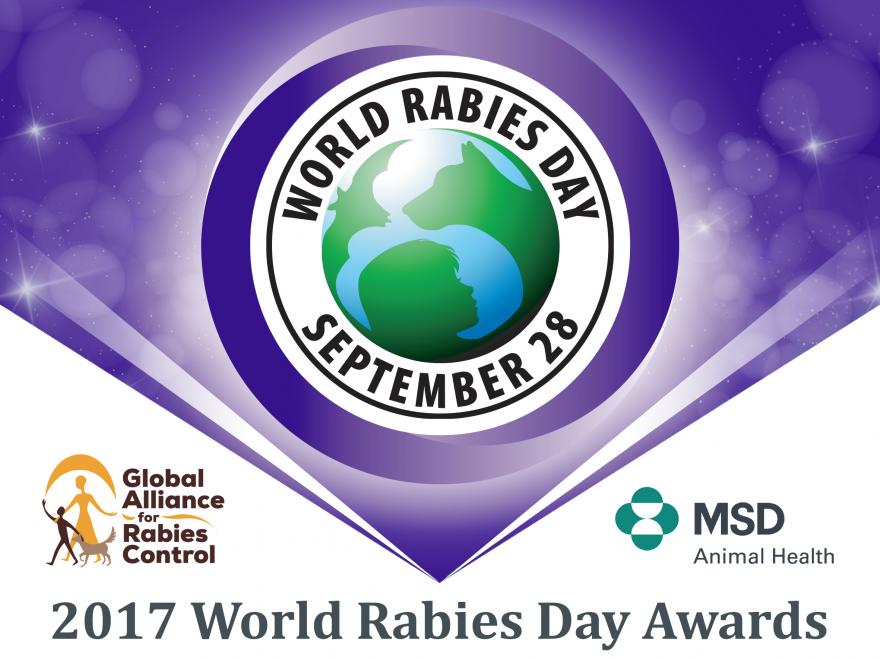 However, dog culling has been shown to be an ineffective method to control rabiesii. Instead, it is vaccination that prevents rabies—saving the lives of both animals and humans and transforming the relationship between the two species.
However, dog culling has been shown to be an ineffective method to control rabiesii. Instead, it is vaccination that prevents rabies—saving the lives of both animals and humans and transforming the relationship between the two species.
World Rabies Day, created and coordinated by the Global Alliance for Rabies Control (GARC) is September 28. This day, which raises awareness for rabies prevention, provides an opportunity for NGOs, governments and individuals working in the rabies community to unite and share their work. There are already events planned all over the world, from Egypt, Tanzania, and Brazil, to India, Nepal and Cambodia. For those interested in getting involved in World Rabies Day, visit GARC’s World Rabies Day platform, where you can register your own World Rabies Day event and download event resources.
Additionally, GARC and MSD Animal Health are presenting the 2nd annual World Rabies Day Awards to celebrate the individuals and organizations working to end the suffering caused by rabies. And this year, the awards have a special focus on Non-Governmental Organizations and individuals working in community rabies prevention.
There are two awards available for each region: Asia, Africa and the Middle East, Europe and the Americas, and each award consists of US$1200, an award plaque and a certificate. Nominees should be making an active contribution to rabies prevention in the region in which they are based. Complete entry criteria and online nomination can be found on the GARC website. Nominations must be made by September 12, 2017.
If you know of outstanding organizations or individuals who are working in your community to relegate rabies to the history books where it belongs, take a moment to nominate them for the World Rabies Day Award today! Nominate a rabies hero here.
i Hampson K, Coudeville L, Lembo T, Sambo M, Kieffer A, Attlan M, Barrat J, Blanton JD, Briggs DJ, Cleaveland S, et al. Estimating the global burden of endemic canine rabies. PLoS Negl Trop Dis 2015, 9:e0003709.
ii WHO. WHO Expert Consultation on Rabies, Second report. In WHO Technical Report Series 982. Geneva: World Health Organization; 2013.

